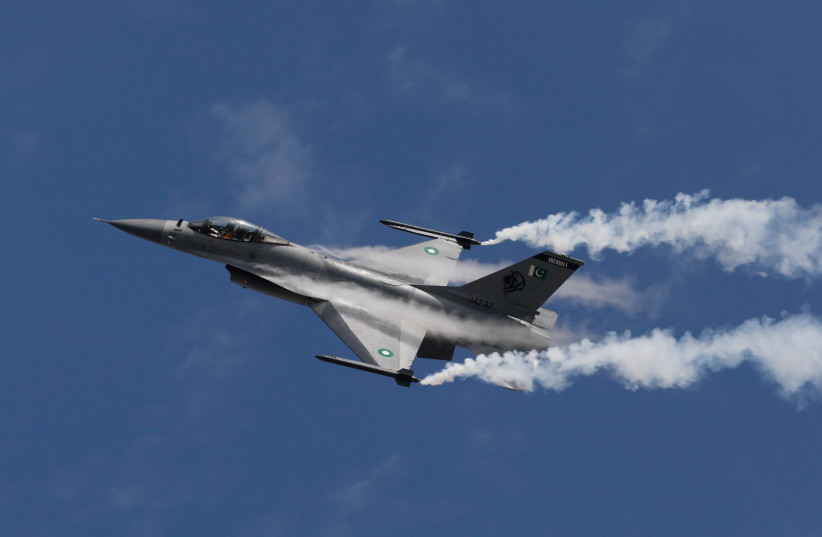Two days after Iran attacked what it claimed were terrorists inside Pakistan, Pakistan carried out attacks on what it claims are “separatists” inside Iran. Tasnim News in Iran reported on Thursday morning that Iran demanded an explanation from Pakistan about the attacks.
On the one hand, this could be seen as two countries attacking militant groups in each other’s territory and not necessarily attacking each other, but the series of attacks threatens to escalate tensions between the countries and in South Asia.
According to CNN, “Pakistan has carried out a series of military strikes on what it said were separatist militant hideouts inside Iran, its Foreign Ministry said Thursday, in the latest incident across their shared border that has sent tensions between the two neighbors soaring.”
Pakistan claims these were a “series of highly coordinated and specifically targeted precision military strikes.”
Why is Iran escalating tensions now?
Pakistan is striking inside Iran’s Sistan and Baluchistan province. Similarly, Iran has struck West Pakistan. It’s worth noting that both these regions are populated by minority groups, particularly the Baloch. Therefore, both countries are attacking minorities to get back at each other. Iran’s attacks, for instance, killed civilians in Pakistan.

Iranian state media on Thursday said explosions took place in Saravan. Fars News was circumspect about the explosions on Thursday morning, wary of beginning a war of words with Pakistan. The IRGC, which is close to Fars, likely is waiting to see what its leaders want to do next. The Iranian governor of Sistan and Balochistan province in eastern Iran claimed that several people were killed, including “non-Iranian women and children.” This appears to indicate that minorities were killed.
It’s unclear why Iran has chosen this time to escalate tensions with Pakistan. Iran and Pakistan are both fighting against groups they consider “separatists” and “terrorists.” They could cooperate in the border region. However, Iran has chosen to escalate tensions. Iran did the same thing with attacks on Iraq’s Kurdish region. Iran appears to be making a regional play here, asserting its dominance over Iraq and also potentially careening into escalation with nuclear-armed Pakistan.
However, the more likely scenario is not a lot more escalation. Iran has also conducted short-term escalation with Afghanistan to achieve goals. Usually, Iran does not go further. Iran doesn’t have a large army that is capable of major operations, and it faces many domestic problems at home. It likes to show off and then climb down.
